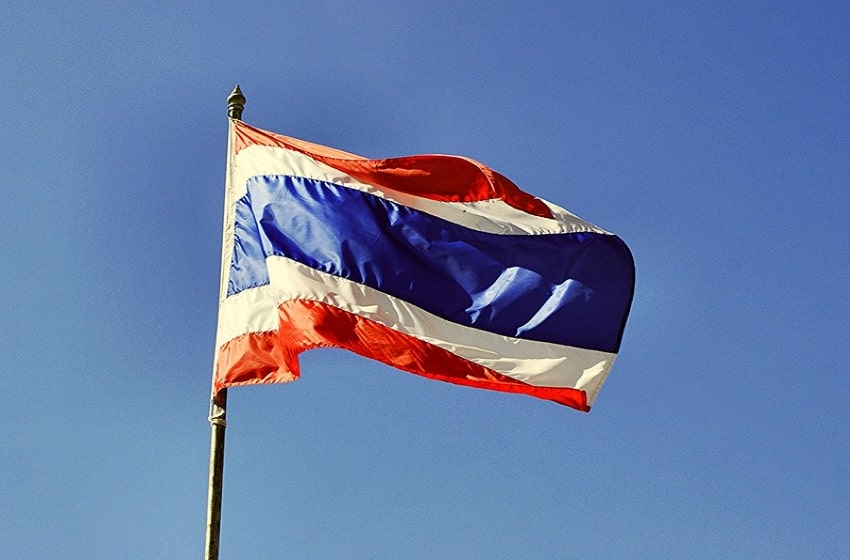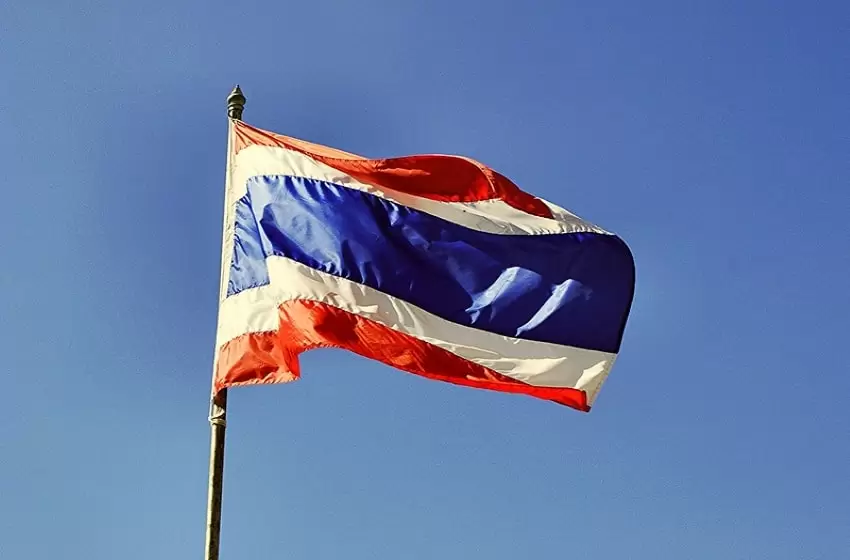

(C) Flickr, Anwar Nillufary
The Ministry of Labour outlined the measures appropriate to register illegal workers from Cambodia, Laos, and Myanmar under the job amnesty policy of the government.
The framework approved by the Cabinet on December 29th last year is eligible for both working and unemployed migrant workers. This was specifically intended to help track the conditions of migrant workers in the country in the midst of the second wave of Covid-19 that has expanded to over 50 provinces.
If licensed, a worker would be able to stay and work in Thailand for a term of two years, along with an employee who must already be in Thailand and who must be under the age of 18 at the time of registration.
Describing the registry as a extraordinary move, Labour Minister Suchart Chomklin said that the system would not only help the government restrict the country’s spread of Covid-19, it will also help shorten the labor shortage triggered by border closures across many sectors.
The four measures taken by the Director-General of the Jobs Department who is Suchat Pornchaiwiseskulis set to register a migrant worker under an amnesty were explained, noting that separate laws apply to migrants who are currently unemployed. Next, on the e-work permit website of the ministry, employers can apply the names of the workers they choose to record.
Morever, The employers must bring the staff in to be screened for Covid-19 and six other severe illnesses in the second phase. They must also purchase health care plans by April 16 to last at least two years. For each job, the total cost of this move is expected to be about 7,200-7,300 baht.
The third stage requires workers, through the counter service at 7-Eleven convenience stores or Krungthai Bank where they will need to pay a work permit application fee of 1,900 baht for each job. When paying, an application for a permit may be made on behalf of the employees from the website of the e-work permit, along with a medical certificate given to the employees following their check-up.
The third stage must be done before the 16th of June. After completing this phase, a pink card shalll be given to staff, allowing them to remain in the country before the registration process is finished.
Finally, to receive a receipt confirming the submission of their work permit applications, workers must accompany their employees.
To complete the procedure, they must send it to the Department of Provincial Administration or the Bangkok Metropolitan Administration. It is important to pay and complete this move and its related fees by Nov 12. In view of this, The identification process largely follows the same steps for migrant workers without jobs, except that migrants must show the requisite paperwork and pay the appropriate fees on their own. But before they can receive the pink card, according to the Labor Ministry rules, they must find an employer by Sept. 13.
In the meantime, Adisorn Kerdmongkol, a member of the Migrant Working Group claimed that the MWG had asked the Ministries of Labour and Public Health to cut registration fees.
The expense of thousands of baht will prevent the identification of undocumented employees, which runs counter to the government’s desire to hold them in line for public safety purposes. Many migrant workers can hardly make ends meet. Registration is impossible for them without investment,
The love towards Asian dramas is expanding everyday and audiences are curious in exploring the diverse contents in various languages…
‘The Haunted Palace’ is a historical rom-com K-drama which premiered on 18 April 2025 on SBS TV and it is…
ITZY dominates the playlist of South Korean and even the global music lovers as they exquisitely blend the electropop with…
“Every beginning has an ending”, today is one such end to the wonderful and resilient test career of a legend…
Singapore’s leading bus operator SBS Transit plans to start testing its innovative AI-braking system in early 2026. Working with Chinese…
The six attacks by ship sailing in the Singapore strait in five days this month has activated a spate increase…
This website uses cookies.
Read More